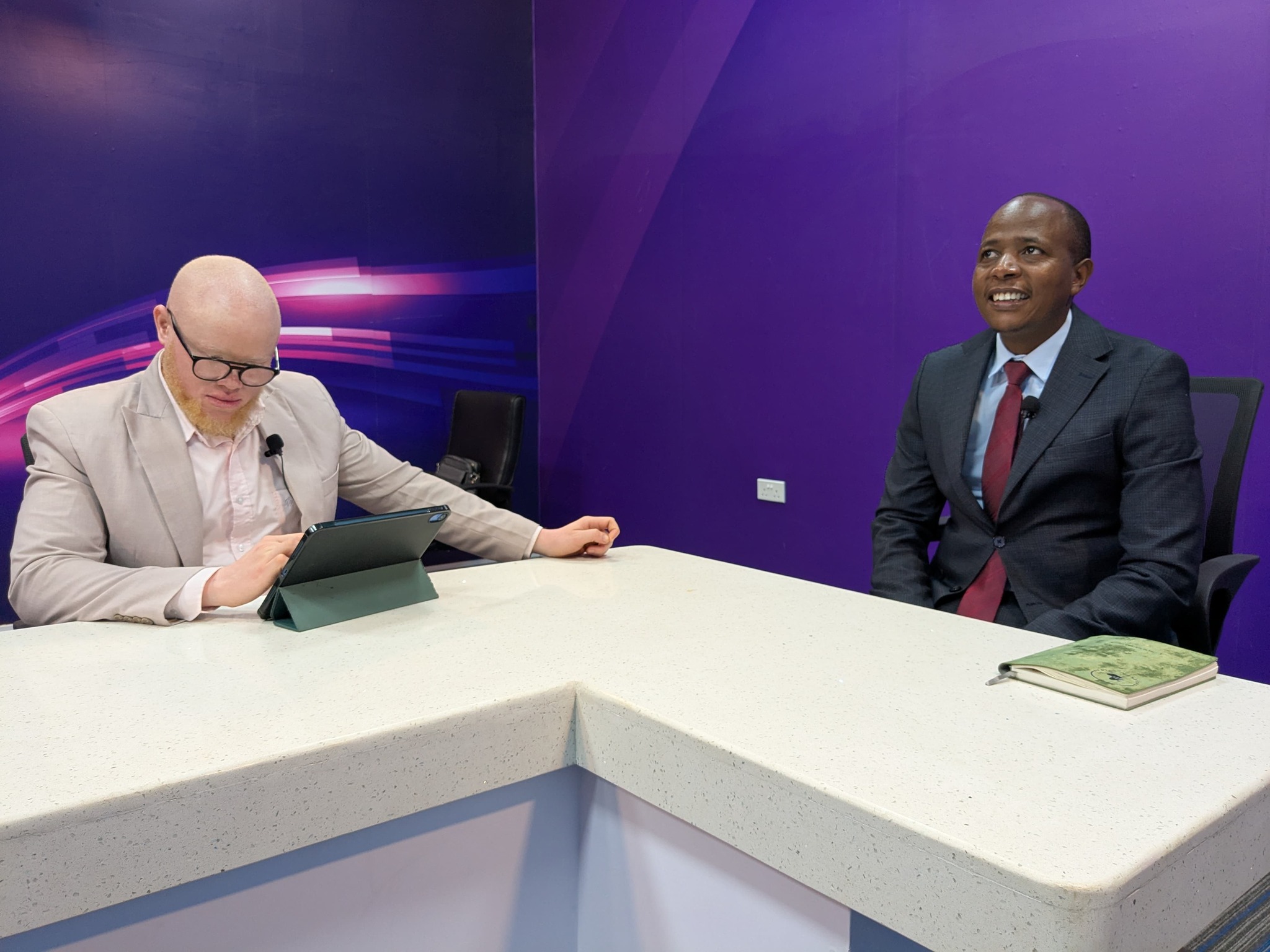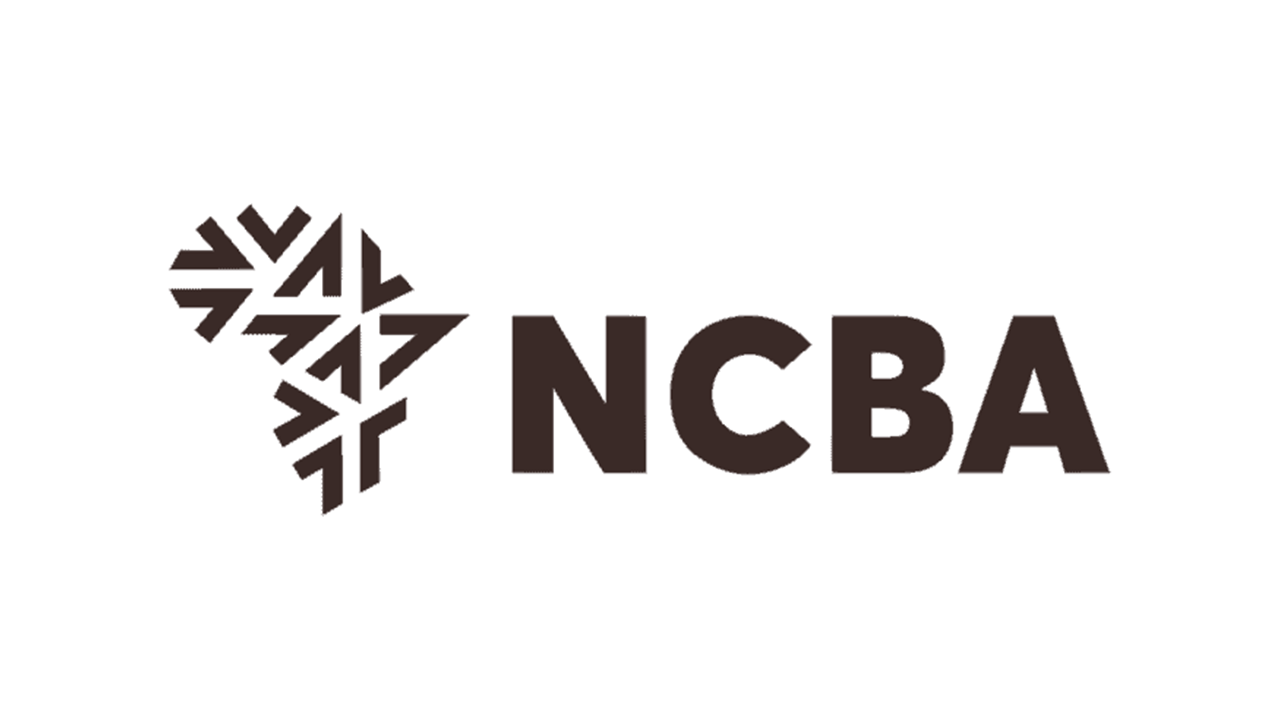KRA Reviews Tax Collection Strategies
The Kenya Revenue Authority (KRA) is reviewing its tax collection strategies with the aim of enhancing customer satisfaction and facilitating tax compliance.
This is largely informed by the acknowledgment that customer inclusion is critical in driving service delivery.
Speaking in Mombasa at the ongoing Africa Annual Customer Experience Conference, KRA Commissioner for Corporate Support Services Dr. David Kinuu said, KRA has aligned its service delivery to the 2017-2022 Public Service Transformation Framework.
He noted that Quality service delivery is assured by entrenching a performance and accountability culture within an organization.
KRA’s service excellence agenda is mainly driven by enhancing accessibility to taxpayer services improving tax administration systems and processes to make them more customer-centric with the authority also putting in place a robust service governance framework including instituting a comprehensive complaints management framework.
It also boasts of other projects that have improved services to taxpayers including reforms ranging from automation of key services and engaging other stakeholders in customer satisfaction.
To promote the integrity of the organization and fight Corruption, KRA has also come up with a system that enables members of the public to inform KRA of any violation of tax laws.
KRA has provided for a whistle-blowing platform to report tax evaders. From July to December 2021, 1525 reports were made through the iwhistle platform unlocking Ksh8.37 billion in tax revenue.
Meanwhile, KRA has an Alternative Dispute Resolution (ADR) which has so far successfully resolved three hundred and nineteen 319 cases during the first half of this financial year, compared to two hundred and forty-three (243) cases resolved during a similar period in the last financial year.
The process has also provided the parties with disputes more control over the procedures for resolving the disputes and the results. Parties who resolve their disputes through ADR are generally more satisfied because they have the opportunity to directly participate in arriving at the outcomes and agreeing on the terms of the settlement.
KRA is encouraging taxpayers to utilize the ADR process in resolving tax disputes. The ADR process is more flexible, cost-efficient, confidential, and time-saving.
Tags:



